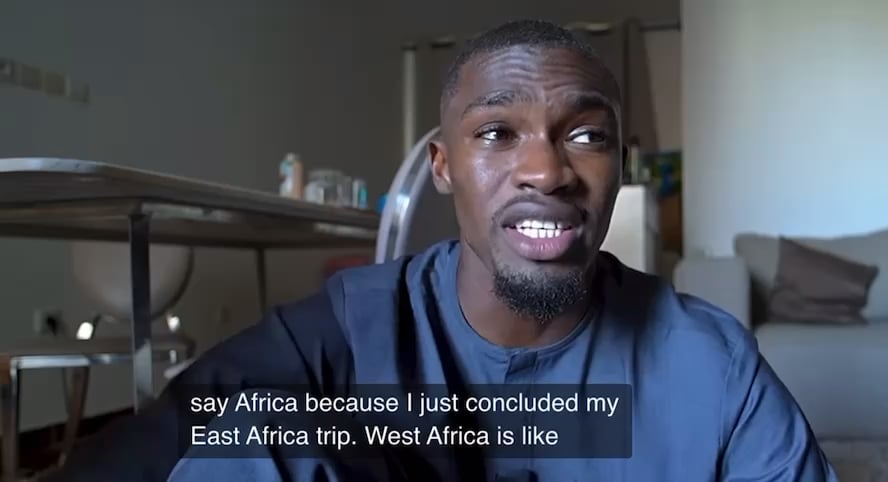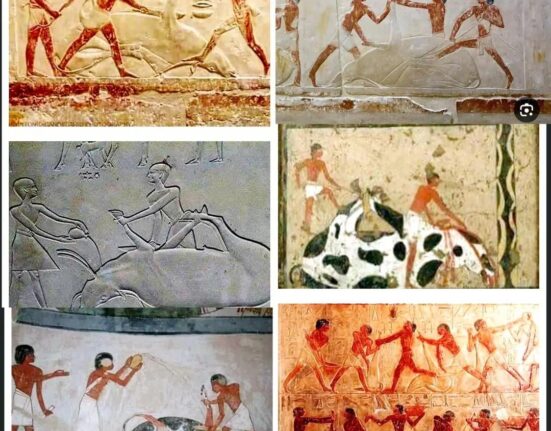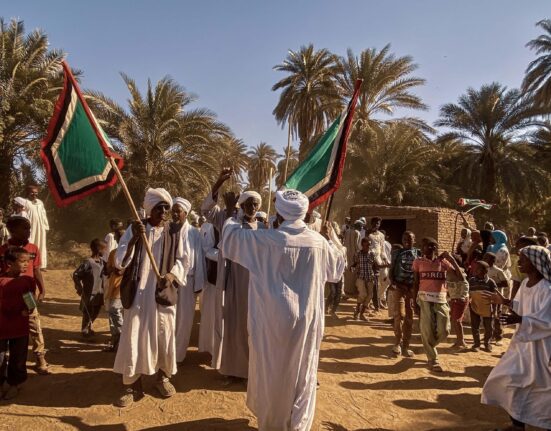Traveling within Africa can be a challenging experience for many African citizens. The disparities and difficulties faced by Africans compared to foreign travelers, particularly Europeans, have sparked conversations about the unequal treatment and obstacles encountered by locals. One Reddit user shared a thought-provoking video highlighting the struggles of an African man navigating West Africa, shedding light on issues such as bribery at borders and the lack of freedom of movement within the continent.
The shared experience resonated with many individuals who have faced similar challenges while traveling in Africa. The frustration of being subjected to extortion and additional expenses simply based on nationality raises questions about the fairness and inclusivity of travel regulations on the continent. The disparity in treatment between African travelers and foreigners can lead to feelings of inequality and hinder the potential for intracontinental collaboration and growth.
Traveling within Africa as an African should not come with a price tag of discrimination and exploitation. It is disheartening to witness how our own institutions fail to provide equal opportunities for all individuals, perpetuating a cycle of mistrust and division.
The financial burden placed on African travelers, compounded by the need to navigate corrupt practices at borders, poses a significant barrier to regional integration and economic development. The lack of streamlined protocols and the prevalence of bribery not only hinder personal travel experiences but also impede the broader goals of fostering connectivity and cooperation among African nations. These challenges highlight the urgent need for reform and accountability within Africa’s travel infrastructure.
Addressing the systemic issues that contribute to the differential treatment of African travelers is crucial for creating a more inclusive and accessible travel environment within the continent. By promoting transparency and fairness, we can pave the way for a more unified and cooperative Africa.
The historical context of colonial borders and the legacy of external influence play a significant role in shaping the current dynamics of travel in Africa. The remnants of past exploitative practices and the imposition of artificial boundaries continue to impact the mobility and experiences of African citizens. Understanding these underlying factors is essential for addressing the root causes of inequality and striving towards a future where travel within Africa is equitable for all.
As we navigate the complexities of traveling in Africa, it is essential to acknowledge the historical injustices that have shaped our present reality. By recognizing and challenging these legacies, we can work towards a more inclusive and harmonious continent.
The call for better treatment and mutual respect among African nations is not just about individual travel experiences but also about building a stronger sense of unity and collaboration across the continent. By fostering a culture of solidarity and cooperation, African countries can overcome the barriers that hinder progress and create a more conducive environment for sustainable development and prosperity. It is imperative for local institutions to prioritize the well-being and rights of African travelers to foster a more inclusive and interconnected Africa.
Empowering African citizens to travel freely within their own continent without fear of discrimination or exploitation is essential for nurturing a sense of belonging and promoting cross-border cooperation. It is time for African nations to prioritize the needs and rights of their own people to create a more vibrant and interconnected continent.
In conclusion, the challenges faced by African travelers highlight the urgent need for reform and transformation within Africa’s travel landscape. By advocating for fairness, transparency, and accountability in travel regulations, African nations can pave the way for a more equitable and inclusive future. It is through collective efforts and a commitment to mutual respect that Africa can overcome the barriers to intracontinental travel and forge a path towards unity and prosperity for all its citizens.









Leave feedback about this